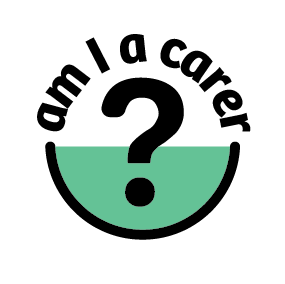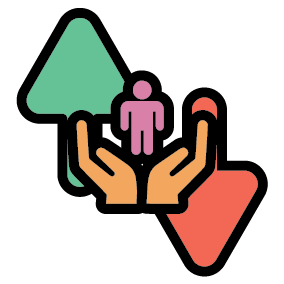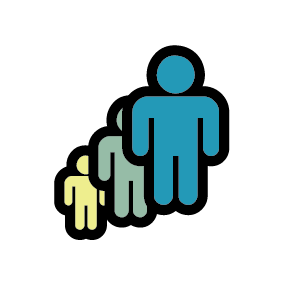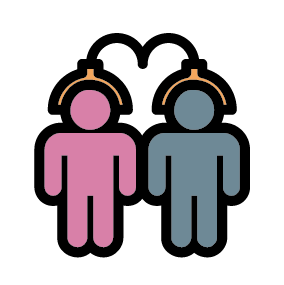Dealing with bullies
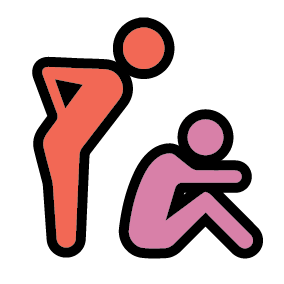
Bullying is the repetitive, intentional hurting of one person or group, by another person or group, where the relationship involves an imbalance of power. It can be physical, verbal and/or emotional. It can include being deliberately left out of activities or groups, as well as being called names, hit, kicked, punched or threatened. It can happen anywhere: in schools, at home, at work, or online (e.g. text messages, emails, or posts on social media).
Young carers are sometimes bullied because the person they care for is ill or disabled, or because they can’t always do the things other young people can. Some people are bullied for no reason.
Bullying is never OK and you shouldn’t have to put up with it.
Bear in mind that if you don’t deal with bullies, they will continue to behave badly towards you. So, rather than hoping that the bullying will “go away”, try to handle it.
The bully wants you to react. Their goal is to take away your power, make you sad and scared. And if you show them you are not sad and scared, they will often lose interest and they cannot take away your power. Bullies look for a reaction from you and often lose interest if they aren’t given the satisfaction of getting one.
When the bully approaches, you may try one of the following comeback lines:
- Whatever!
- Do you feel better now?
- If you’re talking about me behind my back, clearly my life is a lot more interesting than yours is!
- Let’s move on!
- You finally found something funny to say?
- I’m not sure why you keep saying these things about me, but I don’t care.
- Be really cool and stop this!
- Enough!
- Why are you talking to me?
- Here we go again. This is boring. Let me know when you’re done.
- I’ve been called worse from better.
- Wow, did you come up with that all by yourself?
- Pardon me, but you seem to think that I care.
Once you give your comeback line, it’s so important to just walk away and keep walking! Do not react or respond. That’s what the bully wants! When you walk away you’re taking away the bully’s power!
You’re less likely to be bullied in a group and friends can help you deal with any bullies if they need to.
You are an awesome person with great skills, talents and personality. Don’t let yourself believe otherwise. Bullies will often attack people who seem to be easy targets – so stand up for yourself and be proud.
Remember that their behavior is their problem. Detach from it.
Try and visualize a tall armored shield. Build that shield around you and when it’s up, imagine all the things the bully is saying bouncing off that armored shield.
If after using these tactics the bullying doesn’t stop, it may be time to ask for help. Remember: if you are being physically bullied and are in danger you must speak with a trusted adult immediately.
Confide in someone you trust so that you can have some help in getting the necessary support to get this stopped. This could be a teacher, a counsellor, a youth worker or your parents. Talking to someone else isn’t a weak thing to do: usually it takes a lot of courage and strength.
If you’ve told a grown-up before and they haven’t done anything about it, tell someone else. Tell them exactly what happened, who did the bullying, where and when it happened, how long it’s been happening to you, and how it’s making you feel. When you tell your teacher, guidance counselor or school psychologist, ask them what they will do to help stop the bullying. It is their job to help keep you safe. Most adults really care about bullying and will do everything they can to help you. Keep telling until someone does help you!
This section is based on the recommendations by STOMP Out Bullying™ (an anti-bullying and cyberbullying organization in America and beyond) available here.

